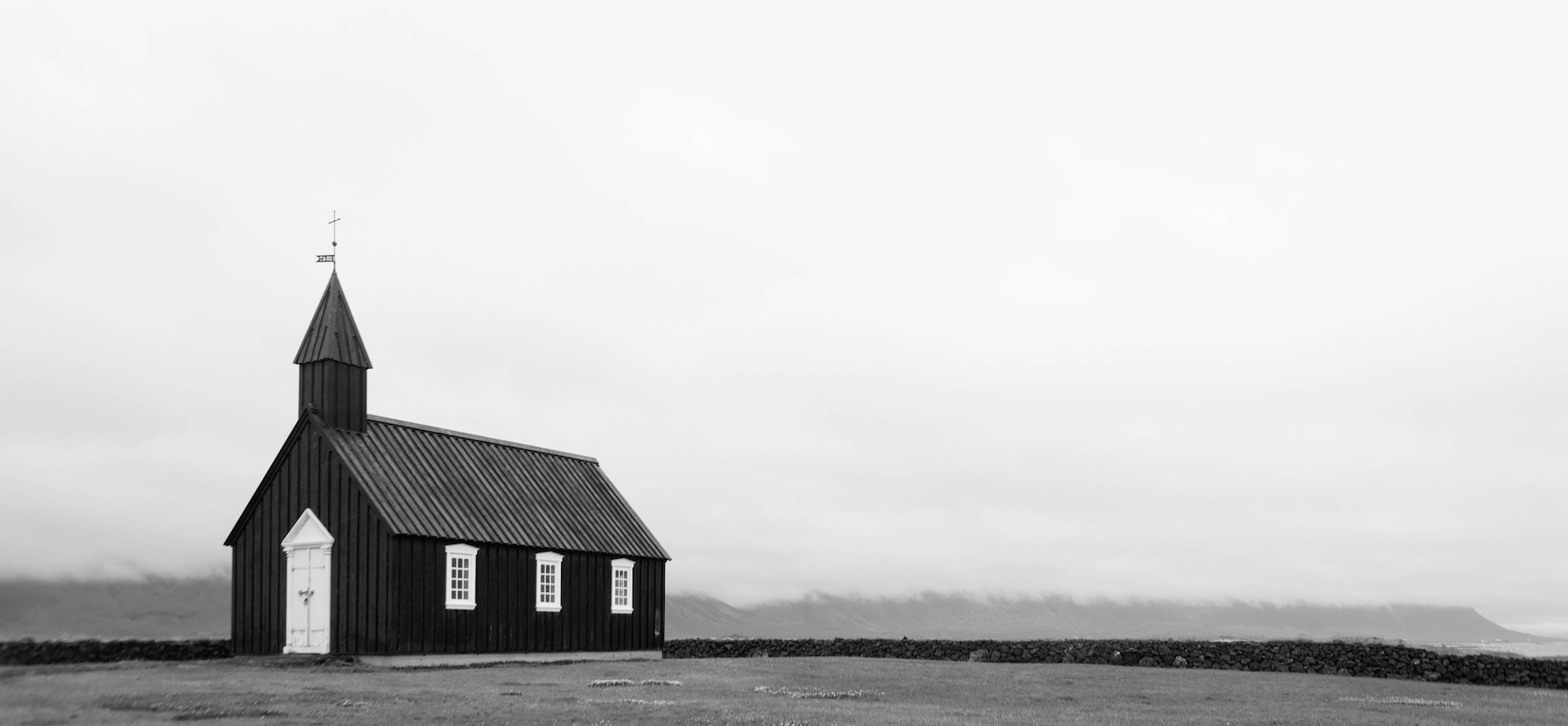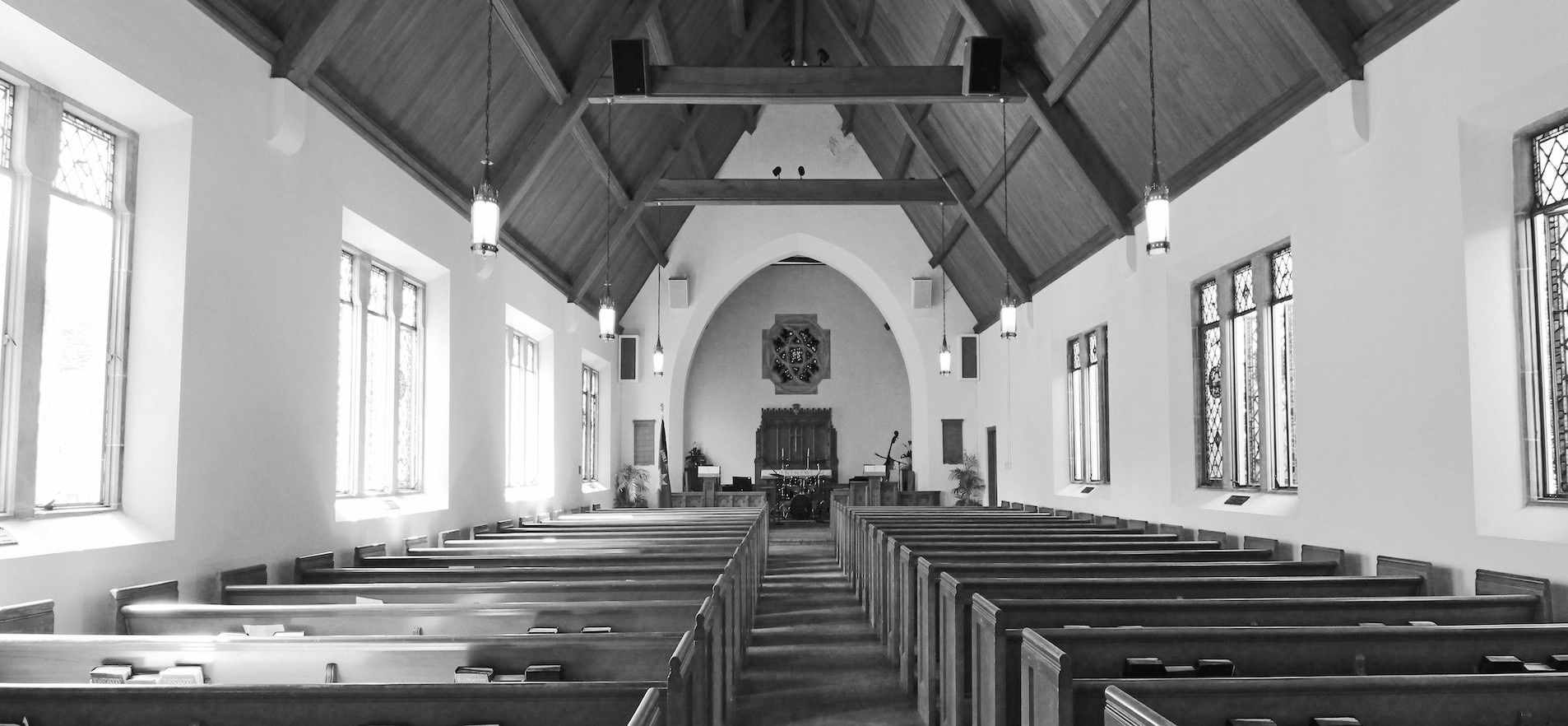Episode 092: A Conversation on Race
In this episode, we share a conversation we recently had at New Life Church on race, racism, and our hope for unity.

Subscribe and Watch our conversation on our YouTube channel here.
In this episode, we share a conversation we recently had at New Life Church on race, racism, and our hope for unity.

Subscribe and Watch our conversation on our YouTube channel here.
In this episode, Andrew, Glenn, Jason, and Daniel chat about what they’ve learned over the years from NT Wright. Be sure to catch part 1 of Glenn’s conversation with Wright HERE.

Subscribe and Watch our conversation on our YouTube channel here.
————————
One of the things we do with crisis is we ask, “How did we get here?” and try to assign blame… and of course we want to get out of it as soon as possible… telling the story of Jesus won’t let us escape the sojourn… Jesus is the one who is the companion in the sojourn…
Jesus is not ONE of the ways we make sense of the world, Jesus is THE way we make sense of the world… Tom was one of the first people who helped me understand that the question is not “why” is this happening but “who” is God for us in this?
There are two threads in the OT… one thread is that calamity is the result of judgment… the other is the innocent sufferer… what I love about Tom is that he shows us that Jesus is both (the judgment-bearer and the innocent sufferer)…
A lot of Christians see racial justice as tangential to the gospel… but when you read the New Testament, you see that it is central…
Tom reminds us that we cannot privatize the gospel—Jesus is the ruler over all things and all people, and what God is doing is reconciling all things to himself in Jesus, and everyone to one another…
Part of God’s saving work is that God’s covenant righteousness is also covenant membership… Tom helps us see that Paul is talking about who belongs – and if we all belong because of our faith in Christ, there can’t be division anymore between me and my brother…
The beauty of repentance is that we are casting ourselves upon merciful God… for white America, this will be one of the hardest things to learn… that we can’t fix this… that we’re going to have to listen to our African American brothers and sisters and let them lead the way…
So much of Tom’s work contradicts our implicit divided worldviews… we think there is God’s realm and our earthly realm… but when you look at the history of Jesus, you see that heaven and earth are interlocked…
If the church now is Christ’s availability to the world, we are the place where the weeping of God meets the pain of the world…
In this episode we sit down with world-renowned New Testament scholar N.T. Wright to talk about his new book “God and the Pandemic” as well as the way Gospel addresses racism.

Subscribe and Watch our interview with N.T. Wright on our YouTube channel here.
————————
Obviously there are plenty of things in the Old Testament which are about people misbehaving and God producing specific judgments—a plague or being defeated in battle or whatever it may be. But there are many other passages in the Old Testament—with the book of Job in the middle—which say “Yeah, bad things happen, but this was not God doing it and I do not deserve it.”
What “God and the Pandemic” is really all about is hermeneutics—it’s how to read the Bible for all it’s worth instead of just taking a bit here and a bit there… We have to read the Bible as a whole narrative with Jesus in the middle and only then do we get the real message.
Again and again the New Testament encourages us not to say “OK, we can now produce a rational analysis of why God has done this or that,” but we can say “what is our vocation as followers of Jesus in this extraordinary situation?”
This is what it looks like when God takes charge: It’s not God sitting upstairs pushing buttons and pulling levers. It’s God coming in the person of his Son, in order to confront evil to take its weight upon himself to bring healing and New Creation…
When Jesus redefines power at the end of Mark 10, he says, “Yeah, the emperors boss and bully and beat people up to get their way, we’re not going to do it like that. We’re not going to do it like that. We’re going to do it the other way. If anyone wants to be great, they must be your servant, the slave of all” …That’s the redefinition of power itself.
God is leading wise, humble Christian servants to be at the place of pressure and pain to be there in prayer. To be with. That’s the whole thing. God with us.
In Romans 8, Paul is talking about how God saves creation as a whole with humans at last rescued from sin and death to take their place as the rescued rescuers… God has designed the world to work as a garden through human agency. We don’t make roses grow, but we prune them and tend them.
To our hurried, Twittering, lament is a really difficult thing to do. To hold back from what we think we ought to say at once. To say: “No, I’m going to wait. I’m going to stay in this place of pain. Please help me Lord…help me to use these psalms, and teach my people to use these psalms, and to have a season of lament to just say ‘How long O Lord, how long?’” And then there may be new things that grow out of that… we become gradually formed by the passion of Christ.
The Christian example of two thousand years of caring for those who cannot care for themselves has rubbed off on the world… The Church still has to say “We’re not giving up on this. We’re in this for the long haul.”
Caring for the poor, caring for the sick and the dying, caring for the weak and the vulnerable and those without education. This is part of our DNA. This is what we do as Christians. And Christians have done that from day one, because it’s what Jesus did.
People think of going to church with the people who look like them and talk like them, but the whole point of the gospel in the beginning was that this was a new way of being human in which men and women every nation and tribe and tongue would come together.
Christianity is an entire way of being human. It’s economics, it’s politics, it’s philosophical, it’s everything. It’s got some religious elements, but it didn’t look like a first-century religion at all. It is its own category. And that category is instantiated in the life of the multi-colored, multi-ethnic everything-together church.